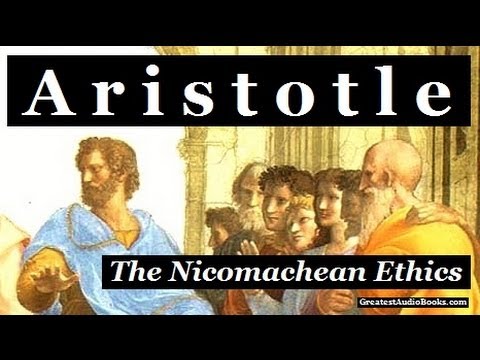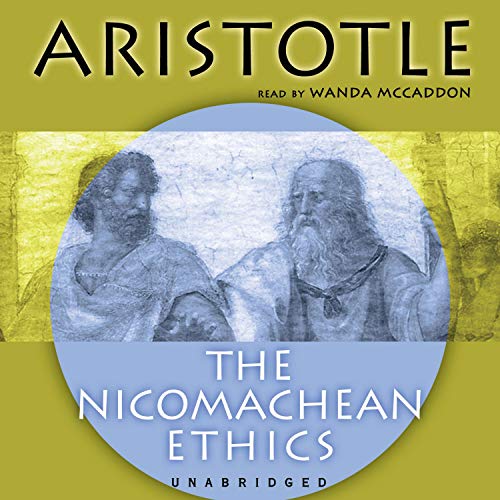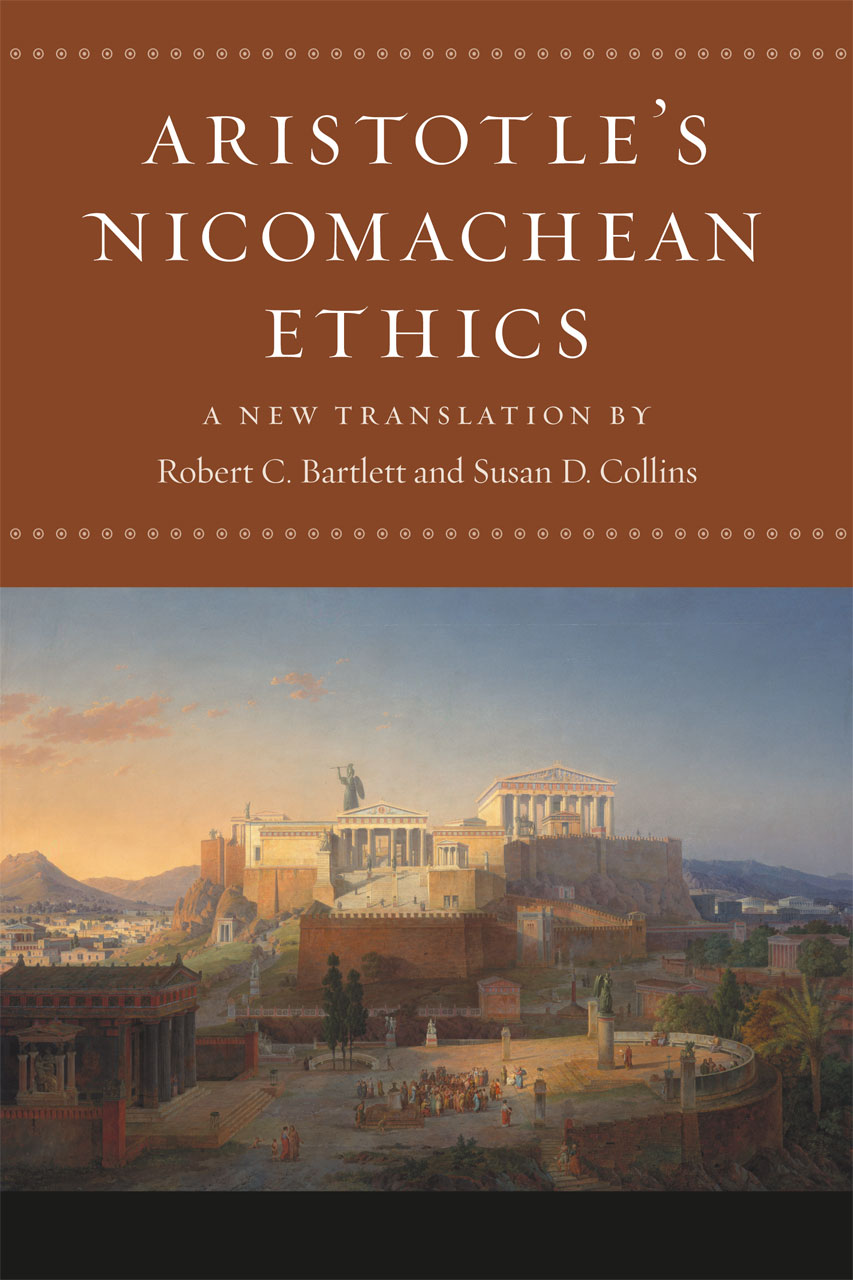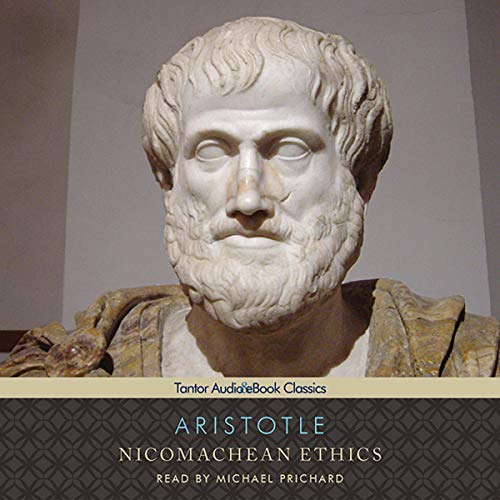Aristotle’s “The Nicomachean Ethics” explores the nature of ethical virtue and the path to a good life. This classic work remains influential in moral philosophy.
Aristotle delves into the concept of virtue ethics, emphasizing the importance of character and virtue in achieving happiness. He argues that a good life is one of rational activity in accordance with virtue. This audiobook adaptation allows listeners to engage with Aristotle’s profound insights in a convenient format.
Perfect for those interested in philosophy, ethics, or classical literature, it offers timeless wisdom on leading a fulfilling life. The clear narration makes complex ideas accessible, enhancing understanding and appreciation of Aristotle’s teachings. This audiobook is a valuable resource for personal growth and ethical reflection.

Credit: www.youtube.com
Introduction To The Nicomachean Ethics
The Nicomachean Ethics is one of Aristotle’s most important works. This audiobook explores the core principles of a good life. Aristotle teaches us the path to true happiness.
Aristotle’s Life And Works
Aristotle was born in 384 BC in Stagira, Greece. He studied under Plato and later tutored Alexander the Great. Aristotle wrote many books on philosophy, science, and ethics. His works shaped Western thought.
The Quest For Happiness
Aristotle believed that happiness is the ultimate goal of life. He called this happiness Eudaimonia. To achieve Eudaimonia, one must live a life of virtue. Virtue means having good habits and making wise choices.
Aristotle divided virtues into two types: moral virtues and intellectual virtues. Moral virtues include courage, temperance, and generosity. Intellectual virtues involve wisdom and understanding.
According to Aristotle, a balanced life leads to happiness. He called this balance the Golden Mean. The Golden Mean is the middle way between two extremes.
Listening to The Nicomachean Ethics audiobook can help you learn these timeless lessons. You will understand the importance of living a virtuous life and finding true happiness.
Core Philosophical Concepts
Aristotle’s Nicomachean Ethics is a cornerstone of Western philosophy. It explores the nature of ethical behavior. The audiobook brings these ancient ideas to life. Let’s dive into its core concepts.
Virtue Ethics Explained
Virtue ethics focuses on the character of a person. Aristotle believes in developing good character traits. These traits are called virtues. Virtues help people make good choices.
Aristotle says virtues are habits. They must be practiced regularly. Virtues include honesty, courage, and kindness. A person becomes virtuous by practicing these traits.
Virtue ethics is different from other ethical theories. It does not focus on rules or consequences. Instead, it emphasizes being a good person.
The Doctrine Of The Mean
The Doctrine of the Mean is a key idea in Aristotle’s ethics. It suggests that virtues lie between two extremes. For example, courage is a virtue. It lies between cowardice and recklessness.
Aristotle believes finding the mean is essential. It requires wisdom and experience. The mean is different for each person. What is moderate for one might not be for another.
Here are some examples of virtues and their extremes:
| Virtue | Deficiency | Excess |
|---|---|---|
| Courage | Cowardice | Recklessness |
| Generosity | Stinginess | Wastefulness |
| Humility | Shyness | Arrogance |
Practicing the mean leads to a balanced life. It helps people achieve happiness. Aristotle calls this state eudaimonia. It means living well and flourishing.
Impact And Legacy
Aristotle’s Nicomachean Ethics remains a cornerstone of ethical theory. This influential work has shaped moral philosophy for centuries. The audiobook brings new life to Aristotle’s timeless wisdom.
Influence On Western Philosophy
Aristotle’s ideas have deeply influenced Western thought. His work provides the foundation for many philosophical discussions.
- Ethical Virtue: Aristotle introduced the concept of virtue ethics.
- Golden Mean: He emphasized balance in moral behavior.
- Human Flourishing: He focused on achieving eudaimonia, or a fulfilled life.
These principles are still discussed in philosophy classes today. Many scholars build on Aristotle’s ideas. His influence extends to various fields, including politics and education.
Relevance In Modern Times
The Nicomachean Ethics remains relevant today. Modern readers find value in Aristotle’s teachings.
- Personal Development: People use his ideas for self-improvement.
- Ethical Decision-Making: His principles guide moral choices.
- Leadership: His insights help in understanding good leadership.
The audiobook format makes Aristotle’s work accessible to a wider audience. Listeners can easily absorb his wisdom during their daily routines.

Credit: www.audible.com

Credit: press.uchicago.edu
Conclusion
Aristotle’s “The Nicomachean Ethics” audiobook offers timeless wisdom on virtue and happiness. This classic work remains relevant today. Engaging with it can enrich your understanding of ethical living. Listen and explore the profound insights that continue to shape philosophical thought.
Dive into Aristotle’s teachings and elevate your moral perspective.



